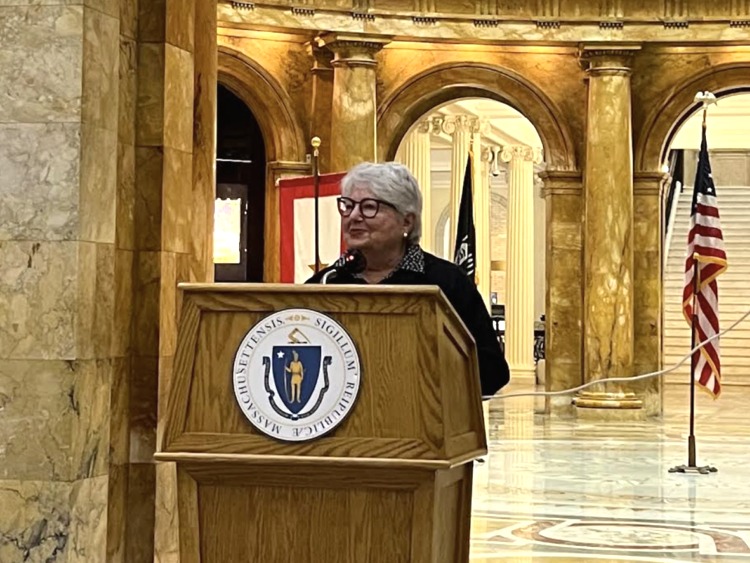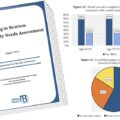At the start of this legislative session, State Representative Kay Khan has filed forty-three bills relating to:
- Electrification of all new buildings and major renovations,
- High rates of alcohol abuse,
- Marketing and accessibility of sugary drinks to children, and
- IDs for homeless youth and adults.
Among the bills is An Act relative to the electrification of new and substantially remodeled or rehabilitated buildings (HD.2192), jointly filed with Representative Livingstone and Senator Edwards. This legislation requires all newly constructed and substantially remodeled or rehabilitated commercial and residential buildings to use electricity, or in some cases geothermal power, instead of fossil fuels. This legislation does not have exceptions for hospitals or biolabs. In the last session, the legislature agreed to a pilot program of this bill in ten communities throughout the Commonwealth. “The pilot program is a great start, but we need further action to address the environmental determinants of health; Massachusetts needs to be on the forefront of this issue,” Khan proclaims. This legislation works not only to better individuals’ health, but also to support efforts toward mitigating climate change.
Another bill filed by Khan this session is An Act increasing the excise tax on alcoholic beverages (HD.3101), which discourages high alcohol consumption through an increased alcohol excise tax, which has not changed since 1980. Revenue from the measure would be dedicated to programs for substance abuse treatment and health education programs. Last Thursday, February 9th, Rep. Khan joined her colleagues State Representative Marjorie Decker and Senator Jason Lewis in sponsoring a legislative briefing detailing increasing health problems and deaths resulting from alcohol abuse in Massachusetts. The briefing sponsors, outside scientists, health care professionals, and advocates argued in favor of changes in alcohol policy. They also presented the results of a Boston University School of Public Health study which stated that 1 in 20 Massachusetts deaths are alcohol-related. Rep. Khan’s bill would address this issue head-on.
Rep. Khan also filed An Act to protect youth from the health risks of sugary drinks (HD.1812), jointly filed with Representative Santiago and Senator Lewis. As a nurse, Rep. Khan has been concerned about sugary drinks and their contribution to childhood obesity. HD.1812 would implement a number of public health programs, prohibit marketing of sugary drinks in schools, require labels on some sugary drink advertisements, as well as call on chain restaurants to offer healthier children’s meals and beverage alternatives. Augmenting this bill, Rep. Khan filed An Act to promote healthy alternatives to sugary drinks (HD.1813), also jointly filed with Representative Santiago and Senator Lewis. This bill provides a tiered per-ounce “sugary beverage excise tax.” The revenue from the tax would raise an estimated $368 million to be allocated to a Commonwealth Health Promotion Fund to support public health initiatives. “Sugar is a severe health concern for children; without intervention, children are bound to face long-term negative health impacts from increased consumption of sugar at a young age,” Rep. Khan argues.
Other bills filed by Rep. Khan focus on helping unhoused people, specifically youth, such as An Act allowing certain minors shelter and supportive services (HD.2271). This bill aims to aid the over 3,000 unhoused youth in the Commonwealth by allowing youth aged 15-18 to consent to supportive services and shelter without a parent or guardian. Access to these services is necessary to ensure the young peoples’ wellbeing; without easier access to shelter, legal aid, and other human services, unhoused minors often live in dangerous or abusive environments.
Along similar lines, Rep. Khan filed An Act to provide identification to youth and adults experiencing homelessness (HD.2780). This bill establishes a waiver process for youth and adults experiencing homelessness and directs the Registry of Motor Vehicles to allow those who are experiencing homelessness to submit residency documentation from providers of homelessness services and state agencies under the Executive Office of Health and Human Services. Without some form of identification, people experiencing homelessness often have difficulties applying for jobs, enrolling in education programs, getting a library card, picking up a package from the post office, and accessing services. “Providing a mechanism for unhoused people to participate fully in the services provided by our communities and state is essential,” proclaims Khan.







